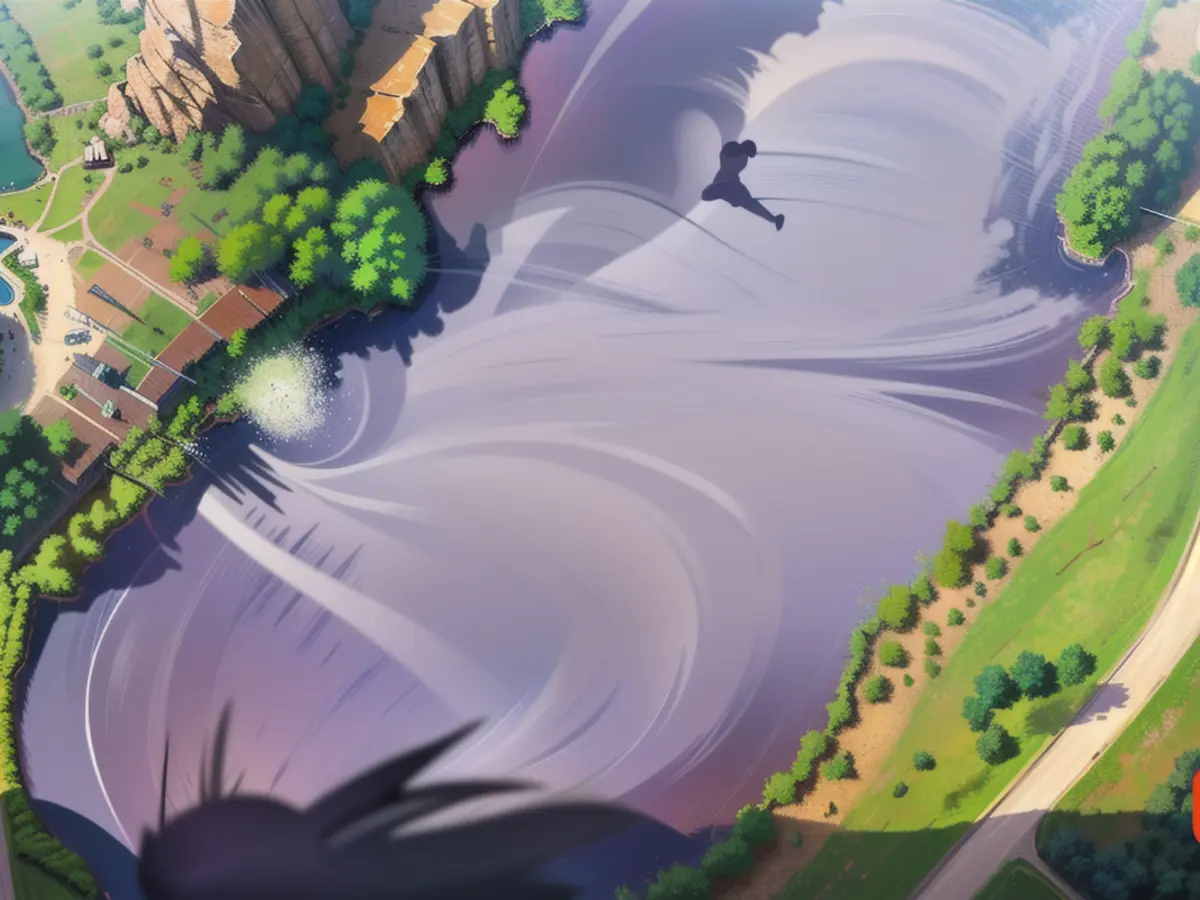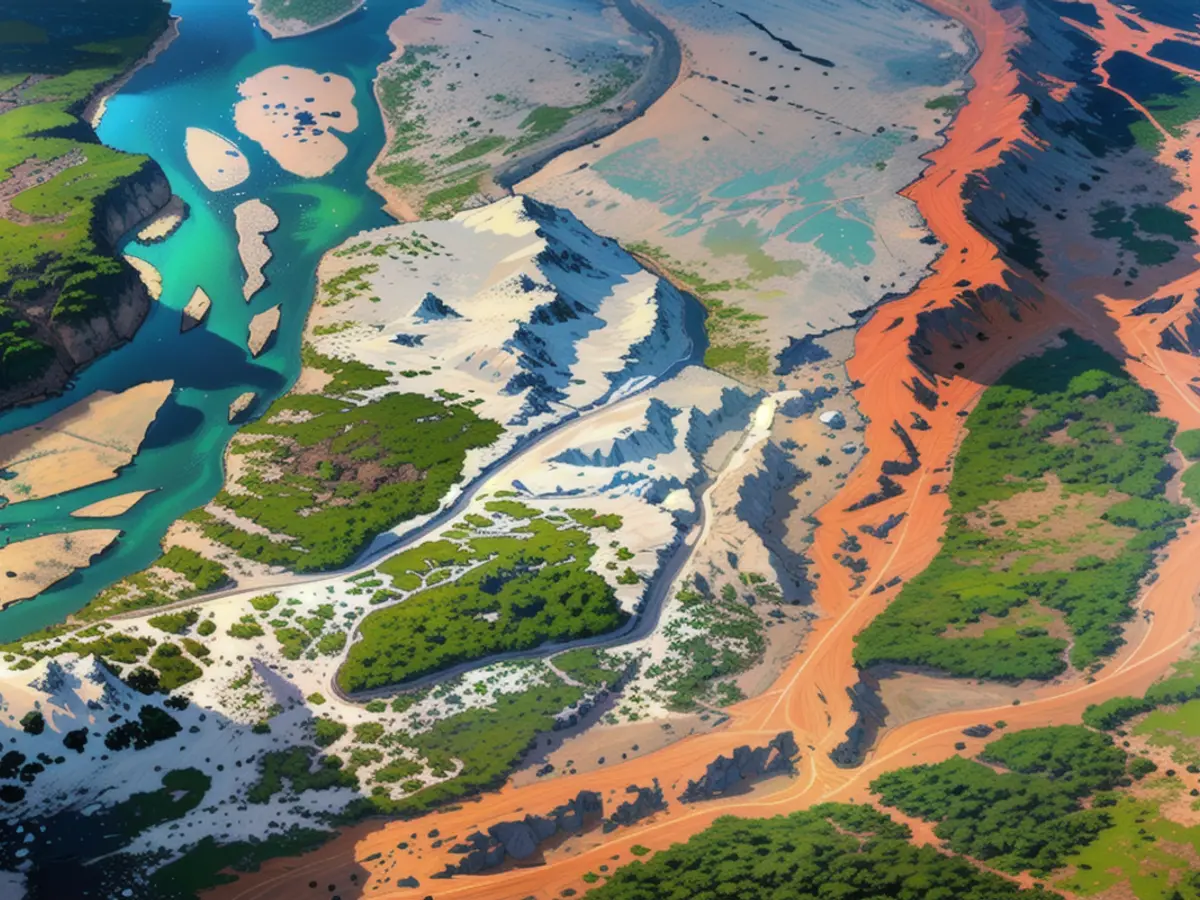Alaska in the news: - Researchers discover concerning cause behind rivers turning orange in pristine wilderness areas.
Pondering Alaska's picture-perfect scenes, we usually envision unspoiled landscapes and sparkling blue waters. But, lately, various rivers and streams within the state have grown murky and orange, sparking curiosity amongst researchers. Secretly, they found the reason behind this sudden color shift.
A team from the National Park Service, University of California, and the US Geological Survey collected water samples from 75 different Alaskan river sites during the last couple of years. They recently released their study findings in the scientific journal, "Communications: Earth & Environment." The team concluded that metals like iron, zinc, copper, nickel, and lead are primarily responsible for the discoloration and contamination of the water.
The surprise of orange-colored Alaskan rivers: "An unexpected consequence of climate change"
Surprisingly, these metals have been entrapped in the soil's permafrost for millennia. But, thanks to climate change and the increase in temperatures, the permafrost is melting. This results in the metals dissolving; subsequently, they travel into rivers and streams. Some of these metals are toxic to the river's natural habitats. Consequently, this has severely impacted the number of aquatic animals and plants. In the future, this could negatively affect the fish population and the communities that depend on them for livelihood.
In different corners of the globe, a shift in water color is prevalent due to multiple causes. This predominantly happens in areas previously involved in mining activities. Brett Poulin, a professor of environmental toxicology at the University of California, who's also one of the study's authors, expressed his shock at witnessing this in the most isolated wilderness far from any mining sites. "This is truly an unexpected result of climate change," he said.
Sources: "Communications: Earth & Environment", CNN

Read also:
- This will change in December
- Dikes withstand water masses so far - Scholz holds out the prospect of help
- Fireworks and parties ring in 2024 - turn of the year overshadowed by conflicts
- Attacks on ships in the Red Sea: shipping companies avoid important trade route
Despite being Located in the remote wilderness of Alaska, numerous rivers and streams have been affected by an unusual natural phenomenon, turning orange due to the dissolution of metals like iron, zinc, copper, nickel, and lead from the melting permafrost. This unexpected consequence of climate change has posed a significant threat to the aquatic ecosystem, causing harm to aquatic animals and plants, and even potentially impacting local fisheries and communities that rely on them.
Source:







